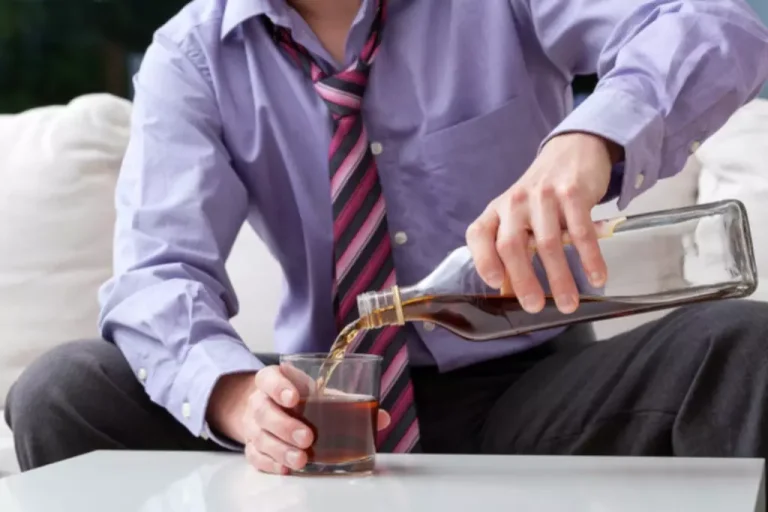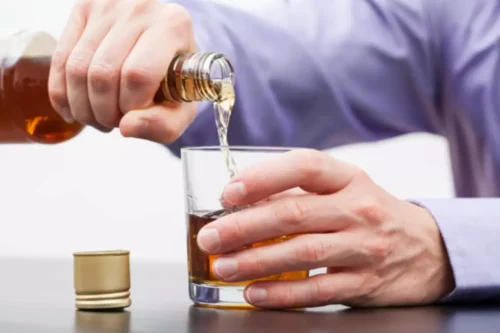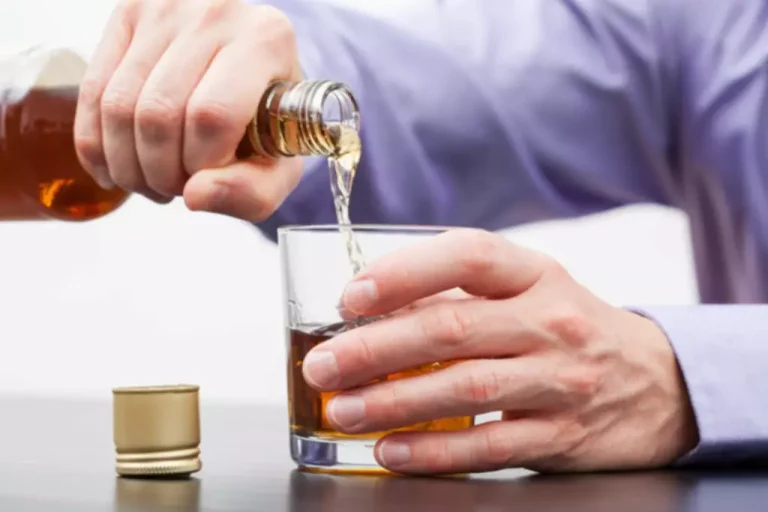
Talkspace can give you access to expert help in a convenient, safe, and accessible setting. The first step toward getting help can be transformative — it can set the stage for your path to a healthier, anxiety-free life. The effects on the central nervous system can slow down the brain, temporarily reducing anxiety. As the what is Oxford House alcohol wears off, though, the nervous system can go into a hyperactive state, increasing anxiety.

Alcohol and cancer: A growing concern
In fact, drinking can change the chemistry of the brain in a way that actually makes anxiety worse. Knowing how alcohol affects anxiety may make it less tempting to have a drink to cope. Society would have us believe that there’s no better way to unwind after a long day than by drinking a glass of wine, cold beer, or sipping your go-to liquor. But trying to relax with a drink or two may not give you the long-term anxiety relief you want.

Health Conditions

In addition, the editor of this article has spent the last 15 years as a health editor, covering all things health, fitness, nutrition, and wellness and adheres to the highest journalistic standards. While these areas may take the greatest hit from regular drinking, they aren’t the only ones affected. Alcohol’s inflammatory properties don’t just affect the liver — the stomach can also become inflamed, which, along with the dehydration, can affect digestion and lead to constipation. While your liver and stomach can usually rebound if you stop drinking, with inflammation comes an increased cancer risk over time. If you’ve ever struggled with insomnia, there’s a good chance you’ve heard that chamomile may help you catch more zzz’s at night.
- It’s your brain and body’s way of reacting to alcohol after the buzz wears off.
- This is of particular concern when you’re taking certain medications that also depress the brain’s function.
- Research shows that chronic alcohol use alters how you respond to stress.
- Excessive alcohol use can harm people who drink and those around them.
- On the other hand, very high dosages may lead to side effects that interfere with day-to-day living and might even cause serious health issues.
Women’s Mental Health: Empowerment and Wellness
People with comorbid or pre-existing mental health conditions like social anxiety disorder or generalized anxiety disorder might find that alcohol worsens their symptoms. While in the moment, alcohol might seem to mask issues, but often, the rebound effect will intensify anxiety in the end. Sometimes, it’s mild, and other times, it can culminate in severe panic attacks. Several factors can influence the severity of drinking-related anxiety, including the amount of alcohol consumed, individual susceptibility, and overall mental health or drinking anxiety comorbid conditions. Learn how alcohol-induced anxiety is impacting your mental health, what science and experts say about hangxiety, why alcohol causes anxious feelings in the first place, and how you can manage your emotions if you’re drinking.
This anxiety the day after drinking may take the form of ruminating on what you did the night before while your judgment is impaired. Now sober, your frontal cortex is again functioning at total capacity, and you become horrified by something you said or did. It is important to remember that this reaction is normal, and your alcohol-induced anxiety is probably making the situation appear worse than it indeed was.
- These sudden episodes of intense fear or discomfort are often accompanied by physical symptoms like chest pain, shortness of breath, and dizziness.
- Get enough sleep before and after drinking to help your body recover and reduce the risk of hangxiety.
- However, at higher doses, these effects may become more pronounced, leading to anxiety and nervousness.
- Understanding the dynamics between alcohol consumption and anxiety requires a nuanced exploration of both psychological and physiological factors, which mental health professionals continue to investigate and address.
- Your body can have an uncomfortable sensation the next day as a result, which can feel like a nervous energy or anxiety.
- “Anxiety and depression are often related to alcohol abuse, because the person has more anxiety when they’re not drinking rather than drinking,” Koob notes.
- Most patients notice a reduction in anxiety within 2 to 4 weeks, with continued improvement over time.
- Find social circumstances in which you feel like you can relax and be yourself without the help of alcohol.
- Elevated blood pressure is a risk factor for heart attack and stroke because it may damage arteries over time, restricting the flow of blood to your heart and brain.
- When it senses a threat, the amygdala releases hormones that increase blood pressure and heart rate, preparing you physically to deal with an imminent threat.
- But if drinking never ends, and the alcohol use becomes chronic, you might begin to see how anxiety and alcohol misuse can feed into each other.
- In fact, research suggests that decreased water consumption when drinking can lead to a decline in feelings of calmness, satisfaction, and positive emotions, as well as an increase in sleep disruptions, like insomnia.
- Drink only to enjoy a slight, occasional buzz rather than to get drunk.
If you’re concerned about someone who drinks too much, ask a professional experienced in alcohol treatment for advice on how to approach that person. Only one notable study of COA’s has demonstrated a higher-than-expected risk for these major psychiatric disorders. However, as pointed out by Kushner (1996), larger studies of COA’s who have passed the age of risk for most disorders will need to be conducted before final conclusions can be drawn. Similarly, people with severe anxiety disorders may be more likely to develop AUD, particularly if they use alcohol as a coping mechanism. This article explains the links between alcohol and anxiety and how to manage anxiety disorders and AUD in daily life.

“The biggest difference between the two is the duration of the symptoms,” Wallace says. “With hangxiety, it can be a day or two.” An anxiety disorder, by definition, means that symptoms (excessive anxiety and worry) have been ongoing (on more days than not) for at least six months. Learn about the symptoms, causes, and treatment options for anxiety. Review the latest research on how common this mental health issue is, who’s at higher risk, and helpful strategies to help you worry less.
Patients typically experience symptom relief within 4 to 6 weeks, with continued improvement over time. Most patients notice a reduction in anxiety within 2 to 4 weeks, with continued improvement over time. It is taken daily, with dosage adjustments based on the patient’s response. Like other SSRIs, it may take several weeks before significant improvements are noticed. If you are concerned that you or someone you care about has a problem with alcohol there is a lot of help available.

Nor did a review of several recent studies by Fyer and colleagues1 and Noyes and colleagues1 reveal high rates of alcoholism in relatives of people with social phobia or other anxiety disorders (Schuckit and Hesselbrock 1994). Schuckit and colleagues have studied the rates of psychiatric disorders in COA’s from a variety of perspectives. Although these studies raise important questions, researchers cannot draw definitive conclusions about the association between alcoholism and psychiatric disorders for a number of reasons. Specifically, some studies focused on drinking patterns rather than on alcohol dependence or described mood/anxiety symptoms rather than true psychiatric disorders. The distinction is important, because symptoms might be only temporary, whereas true psychiatric disorders are likely to require long-term and more intensive treatments, including psychotherapy and medication. Thus, few of the investigations offered assurance that an alcoholic or alcoholic’s relative actually had a long-term psychiatric syndrome rather than a temporary alcohol-induced condition.
If you notice that you often feel nervous or jittery, it might be a good idea to look at your caffeine intake and cut it back. However, at higher doses, these effects may become more pronounced, leading to anxiety and nervousness. These effects will subside as your body adjusts to the absence of alcohol. From weight loss to better sleep, the long-term and short-term side effects can be noticeable. We know that anxiety and inflammation are linked, so sipping on a warm cup of ginger tea may help improve your mood.






